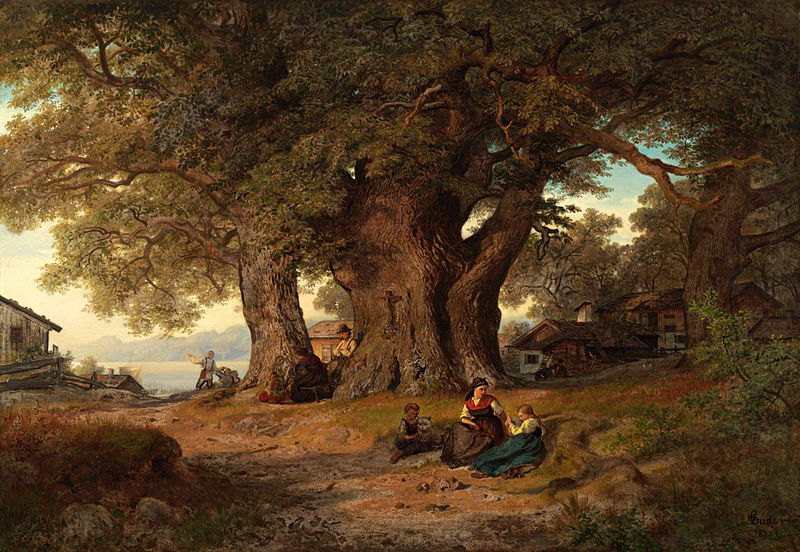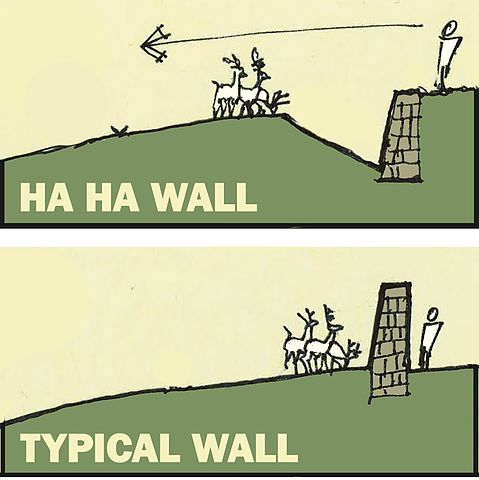
The Burg, the official headquarters of the regional government in Graz, Austria, contains a double spiral staircase, two flights of stairs spiraling in opposite directions that “reunite” at each floor, a masterpiece of architecture designed in 1499.
Bonus: Interestingly, several facades of the building bear the inscription A.E.I.O.U., a motto coined by Frederick III in 1437, when he was Duke of Styria. It’s not clear what this means, and over the ensuing centuries heraldists have offered more than 300 interpretations:
- “All the world is subject to Austria” (Alles Erdreich ist Österreich untertan or Austriae est imperare orbi universo)
- “I am loved by the elect” (from the Latin amor electis, iniustis ordinor ultor)
- “Austria is best united by the Empire” (Austria est imperio optime unita)
- “Austria will be the last (surviving) in the world” (Austria erit in orbe ultima)
- “It is Austria’s destiny to rule the whole world” (Austriae est imperare orbi universo)
At the time Styria was not yet part of Austria, so here it would refer to the House of Austria, or the Habsburg dynasty — which historically adopted the curious motto itself.



